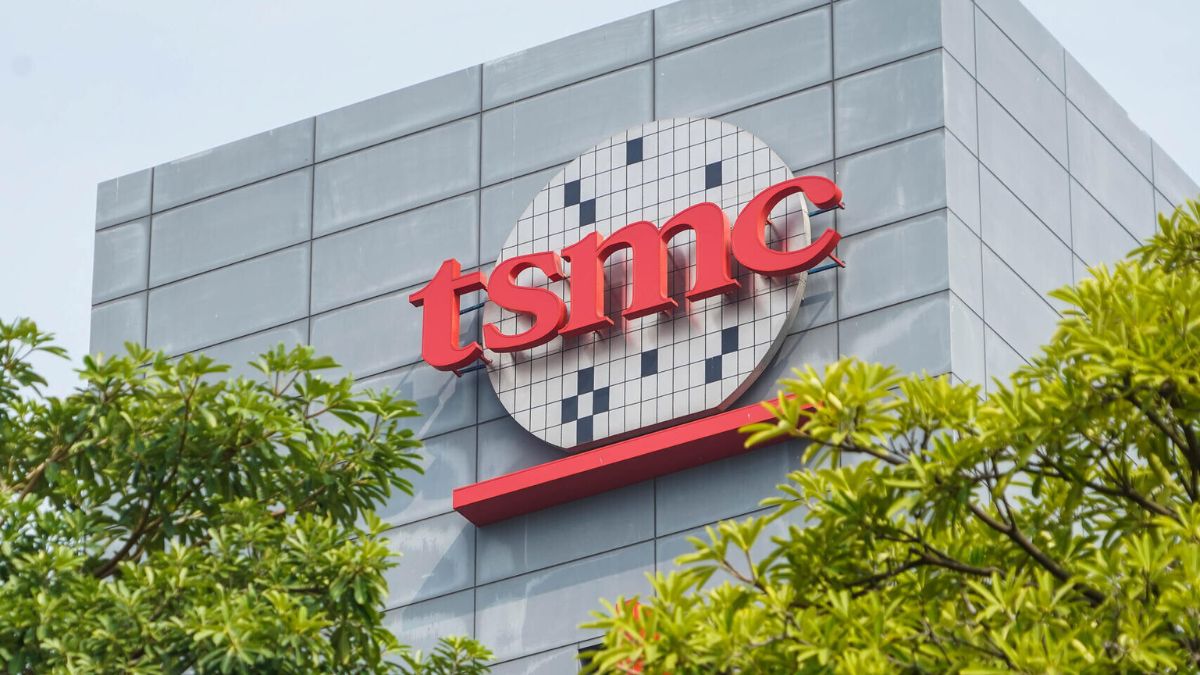Necessary Always Active
Necessary cookies are required to enable the basic features of this site, such as providing secure log-in or adjusting your consent preferences. These cookies do not store any personally identifiable data.
|
||||||
|
||||||
|
||||||
|

The U.S. has restricted chip manufacturing in China in a bid to limit Beijing’s advancement in the semiconductor industry. According to CNBC, Washington has reversed a waiver that enabled Taiwan Semiconductor Manufacturing Company (TSMC) to export important chipmaking equipment and technology to its factory in Nanjing, China.
By repealing TSMC’s China equipment license, the U.S government effectively removed the validated end user (VEU) status starting December 31, 2025. With the VEU status, companies like Samsung, SK Hynix, and TSMC receive U.S-made chipmaking equipment without requiring a separate export license each time. This makes chipmaking in China faster and more reliable for them.
The revocation comes days after the government revoked similar privileges for South Korean chip manufacturers SK Hynix and Samsung on August 26, 2025. The two companies also run chip manufacturing plants in China.
According to a statement published by the Department of Commerce’s Bureau of Industry and Security (BIS) on August 29, 2025, companies that previously held VEU status like TSMC, Samsung, and SK Hynix have 120 days to apply and obtain export licenses after the date of publishing the new rule in the Federal Register.
In June 2025, there were reports that the U.S. was targeting allies’ chip operations in China as part of its trade backup plan. TSMC was accorded the VEU status soon after the Department of Commerce introduced the chip export restrictions back in 2022. Under the new rules, TSMC will have to get U.S export licenses to ship American-made semiconductor tools to its chip production plant in China.
“While we are evaluating the situation and taking appropriate measures, including communicating with the US government, we remain fully committed to ensuring the uninterrupted operation of TSMC Nanjing,” the company said.
TSMC manufactures 16-nanometer node chips in its Nanjing plant. These are not its most advanced semiconductors. In its 2024 annual report, the giant chip maker reported that the plant contributed about 2.4% of its overall revenue.
TSMC has two chip manufacturing plants in China, one in Nanjing and another one in Shanghai. The Nanjing plant is more advanced. The company uses hardware from different U.S-based chip equipment suppliers like Applied Materials to power its plants.
Associate Director at Counterpoint Research Brady Wang says recent U.S. chip export crackdown on TSMC and Samsung reflects America’s bid to strengthen its power over China’s chip production.
Futurum Group Research Director Ray Wang says the new U.S. rule on Samsung and SK Hynix
shows Washington’s commitment to preventing China from enhancing its domestic chip production capacity and building local talent.
“Zooming out, another underlying goal may be to constrain companies’ ability to expand their supply chain footprint in China, particularly in strategic sectors such as semiconductors, which the administration is keen to prevent,” Wang said.
President Donald Trump’s administration has been intentional about preventing Chinese access to advanced American technology. To this end, the U.S government has been re-examining chip export restrictions that, in its view, were too relaxed under President Joe Biden.
In the BIS statement, the US government said the Biden Administration expanded the VEU program in 2023, allowing selected foreign semiconductor manufacturers to export most U.S.-origin goods, software, and technology license-free to manufacture semiconductors in China.
“The Department of Commerce’s Bureau of Industry and Security (BIS) closed a Biden-era loophole that allowed a handful of foreign companies to export semiconductor manufacturing equipment and technology to China license-free. Now these companies will need to obtain licenses to export their technology, putting them on par with their competitors,” the statement by Under Secretary of Commerce for Industry and Security, Jeffrey Kessler read in part.